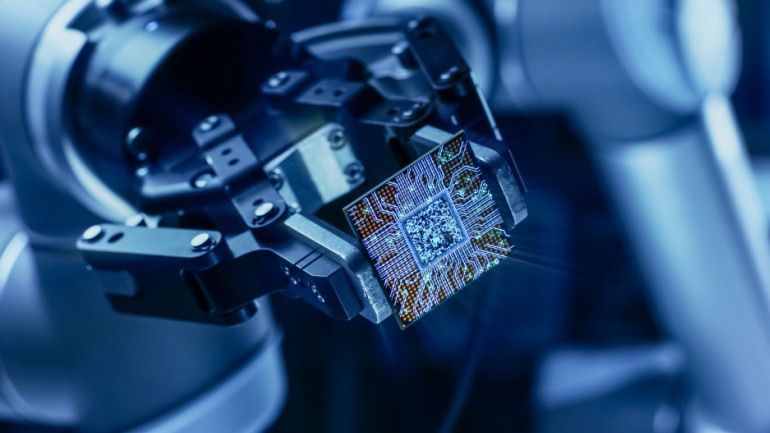A landmark development has been reported in the semiconductor industry after the US government penned a preliminary memorandum of terms, committing a hefty $6.6 billion subsidy to Taiwan Semiconductor Manufacturing Co (TSMC). The substantial funding comes as a goal of The CHIPS and Science Act, enabling TSMC to establish its third fabrication plant in Phoenix, Arizona.
The move signifies a significant boon for local employment. As TSMC broadens its investment horizons in the United States to a grand total of around $65 billion, it stimulates job creation within the high-tech industry. It has been estimated that these three plants will give rise to approximately 6,000 high-tech, high-wage jobs. The additional jobs creation could reach to as many as 20,000 people in wider construction and related industries.
In a pledged commitment to cultivating local talents, $50 million of the subsidy will be funneled to training and developing the local workforce with high-tech skills. This is with a view to potential employees not having to travel far from home to make a decent living in pioneering industries.
With the full operation of all three fabrication plants, the United States can expect increased production of cutting-edge microchips. These chips will find their usage in future-oriented technologies such as 5G and even 6G smartphones, autonomous vehicles, and AI data center servers.
Characterizing the significance of the subsidy, TSMC Chairman Dr. Mark Liu stated, “The CHIPS and Science Act provides TSMC the opportunity to make this unprecedented investment and to offer our foundry service of the most advanced manufacturing technologies in the United States.”
Although the innovation of chips traces back to America, the country currently only holds a mere 10% production share compared to 40% in the past. This decline exposes the nation to substantial economic and national security vulnerabilities. As Commerce Secretary Gina Raimondo points out, these are the chips that underpin the foundation of artificial intelligence and the necessary components for the technologies vital for the economy, military, and national security apparatus.
Telecommunications enthusiasts and IT professionals should keep a close eye on this landmark development and its ensuing impacts on the global semiconductor industry.








